When Elsie Akerele’s daughter survived a fall from the fifth floor of their house at 11 months old, there was thanksgiving, largely because another child had fallen from the first floor of the same building and died.
It wasn’t until 12 years later that the head injury suffered by Atinuke Akerele during that fall returned to haunt them.
On the day she was to write her common entrance examination, Atinuke arrived at the centre late and was refused entry. Amidst her anxiety and frustration, she fell, started a fit and that was the beginning of her battle with epilepsy.
To help her daughter fight the stigma, Elsie dropped her business to become her sidekick and comforter. Through her mother’s support, Atinuke achieved her dream of becoming a journalist, got married in 2000 and had her first child in 2003.
Advertisement
In 2006, she had the second child but couldn’t make it. Wrong anaesthesia.
After her daughter’s death, Elsie decided to build a haven for mentally challenged children. It was an idea mother and daughter had often discussed and ruminated over, particularly because her last child, David, was also born with birth defects.
How Badagry became home
Advertisement
After starting a home for special needs children in Idimu, three died and Elsie decided to “sell the house and find a place that will be a proper home for us”.
Gazing at the ceiling of her office, as if to nab a fleeting memory, she added: “this place was a thick bush when I came. But since this is the only available and secured land, I had to buy. “I started with the children around here. They needed a lot of help. I started a nursery and primary school.”
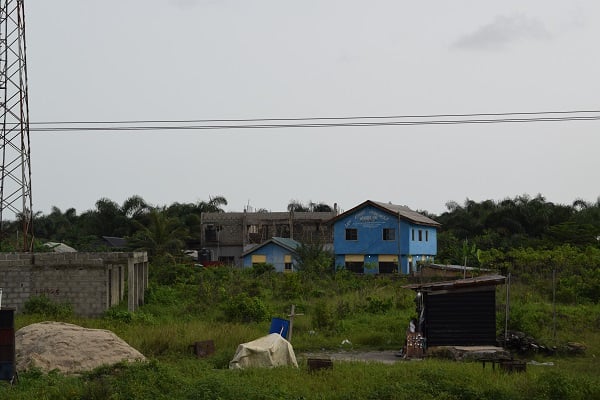
Elsie’s first pupil-patient was a happy, epileptic and autistic girl named Nike. The first day she had a seizure, it got to the ears of parents of the other children.
“The next day, nobody came. I was so upset,” said the Lagosian who was herself adopted. Afterwards, Elsie decided to admit only mentally challenged children.
Advertisement
The child never spoke but the first day she would say more than one word, the news spread around the environs. ‘Nike ti soro'(Nike has spoken) was relayed from Araromi to Atura, and that was when everything changed.
“Others started coming, people started referring. People began to hear there’s a place for boarding. Nobody wants to do boarding because it’s a lot of work. Everywhere else, you will bring your child in the morning and collect him in the evening.”
Unlike several others of its kind, Lady Atinuke Oyindamola Memorial Home offers round-the-clock care.
Ignorance is worse than witchcraft
Advertisement
Whenever people visit the home, Akerele makes it her duty to educate them about children born with cerebral palsy, autism and Down syndrome.
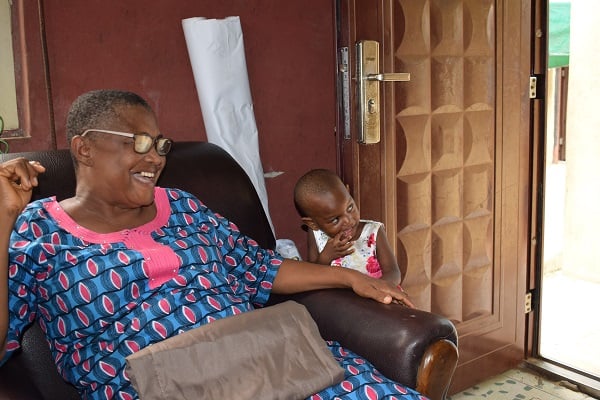
Ignorance about the condition, she says, is worse than witchcraft and “that is why everybody that comes here must listen to the talk, know the causes and signs so they know how to tackle it immediately because the cure is early intervention”.
Advertisement
On the most ignorant attitude she has come across in 14 years of taking care of special needs children, Akerele narrated the tale of a woman whose seven-year-old child was sick, yet they were both fasting and praying.
She said: “I had to call the police. When they arrived, she tagged me a witch.”
Advertisement
Diaper is gold
In 2017, tragedy came visiting by means of a storm which lifted off the roof of the hostel and the walls caved in. “God helped us, we were able to save the children because if the wall had fallen in, it would have killed 27 children.”
Advertisement
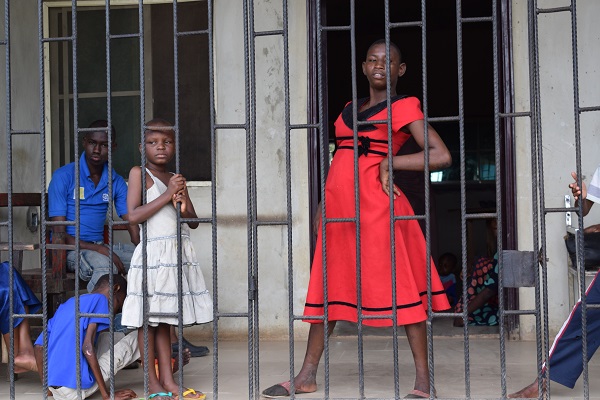
Following the incident, Elsie had to aggressively raise funds to build a new structure but while the foundation was “fantastic”, the decking accumulated a lot of water and she did not know. By the time she found out, the decking was leaking.
“Those on mattresses were on soaked mattresses. It was just like the first day the house fell, we had to be picking them again and rushing out. They couldn’t shout.”
Again, Elsie had to source for funds and she met Josiah Nwankpa, a Faaji FM broadcaster who was touched by their plight. He used his radio show to call for help.
Of the aid received, the majority was food but to special needs children, diaper is gold. Once upon a time, when there was no money for diapers, she had to tear her aso ebi (ceremonial attires) for the children’s use.
Elsie described that episode as the biggest sacrifice she has had to make. She said: “Many times we carry our foodstuffs to the market to sell. All of them are wearing diapers. After food, it’s diapers. So, many times we can carry two or three bags of rice to sell to buy diapers.”
Eight children have died in two years
Not long after the home – now housing 47 children – began to find its feet did challenges start to pour in. Due to the fragile state of the children, they often require intensive care and supervision.
But as a result of the challenges, some of the children sometimes die. In the past two years, eight of them have died, Elsie disclosed.
Fighting back tears in futility, Elsie spoke of the recent deaths in a low register. “We lost a child a few days ago. Ajoke could not move at all; her hand was the only part working.
“She was here for almost seven years. She was one of the very first Lagos state government brought. She was abandoned in LASUTH.
“We also had some other ones. Elizabeth died because we had no oxygen here. Most times we resuscitate her but that day, there was nothing we could do. The road was bad and we couldn’t get to the hospital in time and the child died.
“A lot of people came here to see her because she was so small but from her dentition, you could tell that she’s not a baby.”
When Elizabeth joined the fold, Elsie said two of her staff threatened to quit but she stood her ground and took in the child. “I said ‘God told me to not reject any child’.”
From Badagry to Oshodi
According to Akerele, the lack of an in-house clinic is responsible for some of the deaths recorded.
“We need to start a clinic here. We need a clinic urgently,” she said with increased fervour.
“They are not supposed to die but there’s no help. What happened to them could have happened to anybody. Most of them, their pain threshold is very high. When they are in pain, they don’t say it.
“The last time we were going to the neuro-psychiatric hospital, child and adolescent centre in Oshodi, we could not get there. We stopped at Akowonjo as five children were having seizures in the vehicle. It was an experience I never envisaged but the heat and traffic caused it. I had to shout for help and turn back.
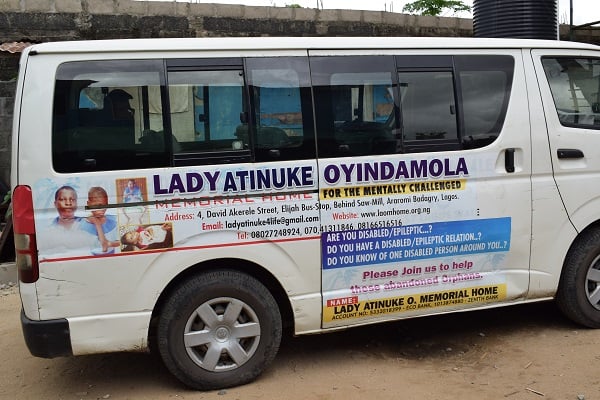
“It’s easier to get to Aro in Abeokuta than getting to Oshodi. So, I go to Aro for our drugs.
“The whole of Badagry has no psychiatric hospital. The drugs are very expensive. I wish we can get some pharmaceutical companies to supply us.”
Due to the constraint of space, Akerele says she can no longer accept special needs children. Hence, many will be deprived of the special attention and care she can offer.
1 comments
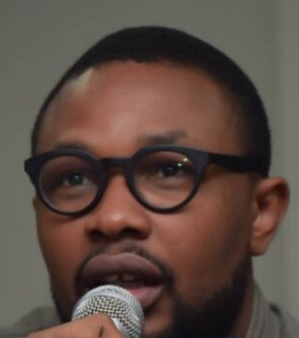
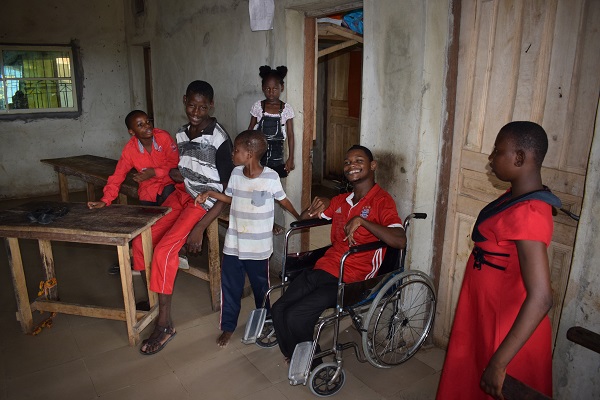


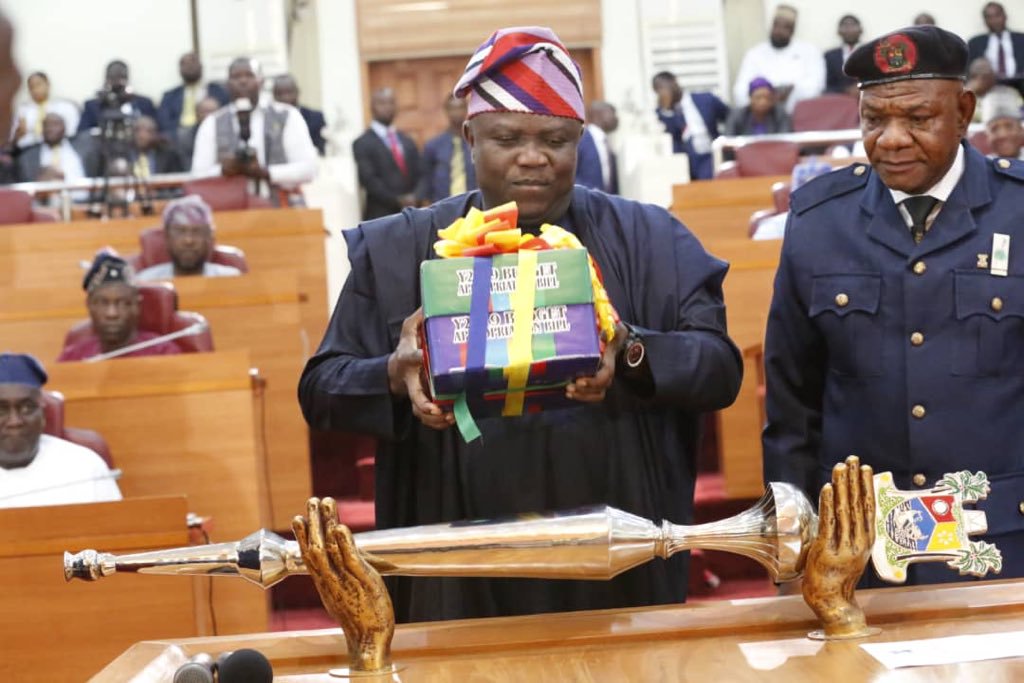
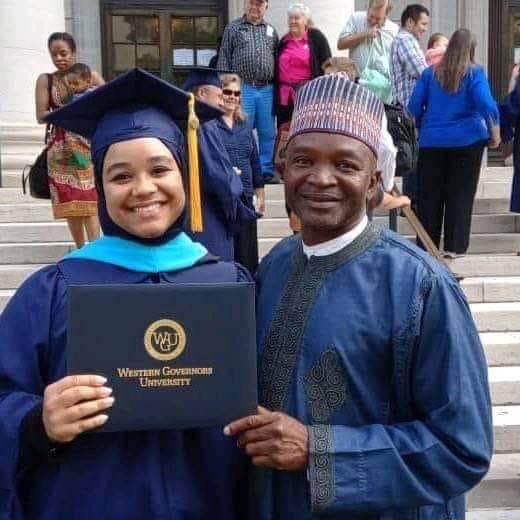

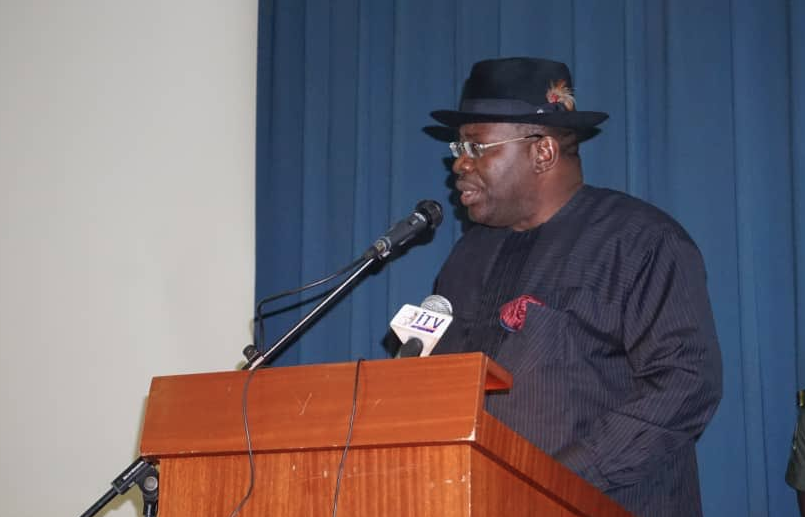
I am happy to have read this article…a friend was just talking about opening a school for special needs.hun. God bless d editor amen